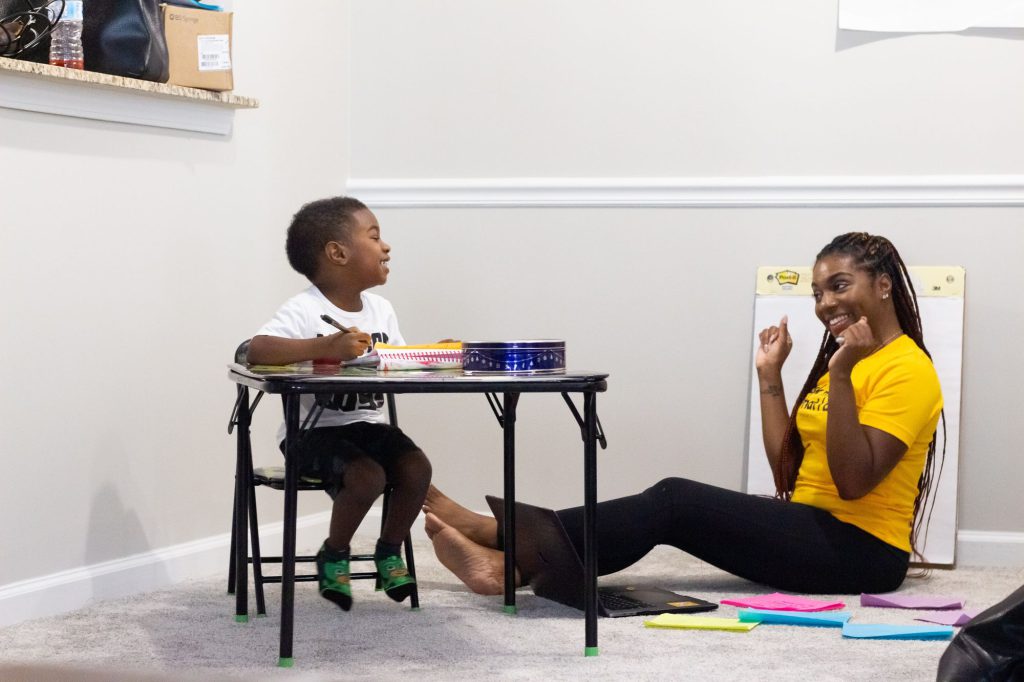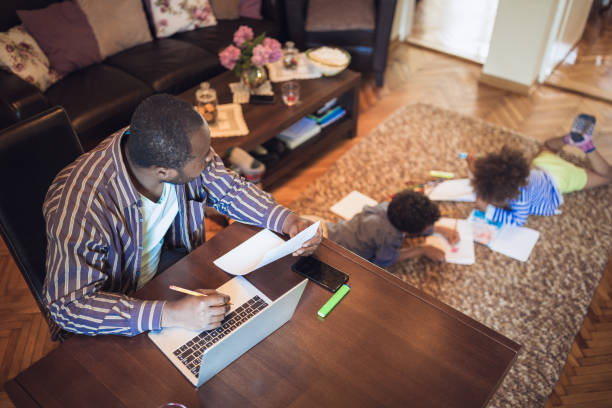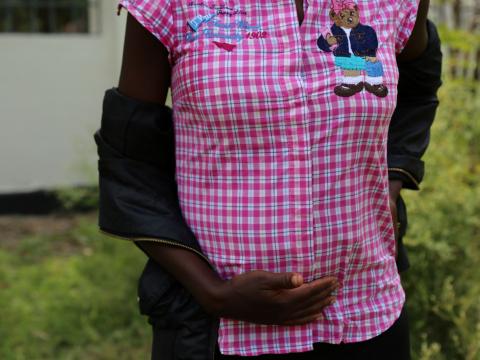Helping young children shape their behaviour
Shaping children's behaviour is a parenting role that should be taken seriously.
It’s the dream and joy of every parent to have children who are disciplined and achievers in life. Well-behaved children are associated with parents’ efforts in rearing, being role models and providing guidance and support. Through the socialization process, children develop certain types of behaviours as they interact with others within their environment. Friendly relationships and support from families fosters trust in children and lays a strong foundation to trust others, who they freely consult when faced with challenges in their daily life.
Disciplining children helps in developing acceptable behavioors through using different ways. Plans can be developed to encourage the acquisition of new skills incrementally as implementation progresses, and offer varied opportunities to practice learnt skills. Away from socialization, parents play an important role in shaping the behaviours of their children by showing interest in skills introduced and supporting the process.
Parents should provide a conducive environment and different opportunities with adequate resources and ensure the recommended process is followed. When children manifest acceptable behaviours, reinforcement should be done immediately to increase the likely hood of behaviour being repeated. Shaping behaviour can be done by using the following ways:
Develop a reinforcement or reward System
Any attempt and improvement toward desired behaviour should be followed by reinforcement to appreciate the efforts made. Use of praise or recognition immediately and being specific when expected behaviour is manifested, motivates children and teaches them the importance of behaving responsibly. To sustain motivation, a reinforcement or reward system can be established to provide a variety of reinforcements to build achievements progressively. It is important to emphasize training children to be motivated from within self (intrinsic) rather than from others (extrinsic).


Use attention or ignoring techniques
Children are motivated when parents pay attention and show interest in what they do and have a tendency of checking if they are watching. Showing interest and paying attention when expected behavior is repeated should be immediately reinforced by using a smile, nodding your head or giving positive comments to encourage children to keep repeating until they master it. To ignore unacceptable behaviour when repeated should also be immediately acknowledged by pretending you have not seen it. This makes children realize it was not acceptable and adjusts to what the parent shows interest in.
SEE ALSO: What to do to understand your child better
Provide a rich and friendly environment
Parents have high expectations as children grow and should provide a rich and friendly environment to allow children to learn and exploit their full potential. A plan should be developed with guidelines on how behavioural concerns should be addressed. Parents are role models and influencers who are expected to provide opportunities for children to develop acceptable behaviours according to society. Children encounter challenges within the environment and may manifest behaviours that are not acceptable since they don’t know what to do or how to deal with the challenges. To be able to cope with these challenging situations they should be supported to acquire basic life skills.
Pre -Teaching
Acquisition of any skill requires total involvement and active participation in planned activities. Providing prior experience and exposure to a variety of pre-teaching activities should be emphasized to form a strong foundation for the future development of acceptable behaviours. Explanations of expectations of the behaviour and stipulated guidelines should be done before involving the child to understand the expectations and consequences of their behaviours.


Provide logical consequences
For children to understand what they are expected to do, discussions relating to consequences should be initiated to understand and avoid confusion on expectations of the required behaviour. Consequences for unexpected behaviour manifested should be provided and explained using logical consequences to enable children to understand and have ownership. This acts as a great tool to use for expected behaviour to be manifested and training children to be more responsible.
Conclusion
Shaping children’s behaviour is a parenting role that should be taken seriously. Daily interactions through the socialization process and rearing practices exposed to children early in life, affect children’s development of certain behaviours either positively or negatively which is reflected in adult life. Parents should facilitate the provision of a healthy environment with friendly relationships within families to foster positive growth and development of young children.
The article was written by Dr. Catherine Gichuba, CEO and Lead Consultant at Regional Social Consultants Agency (RESCA)
Grab an exciting and information packed Parents Magazine here








